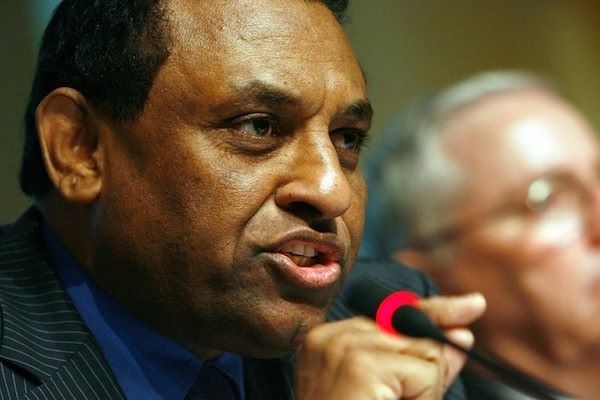Just a day after being sworn in, Sudan’s newly appointed Prime Minister Kamil Idris made an unexpected move by dissolving the nation’s caretaker government.
The announcement was reported late Sunday by the state-run news agency SUNA, signaling a dramatic shift in Sudan’s fragile political landscape.
Idris’s appointment marks the first time in four years that Sudan has had a prime minister, following the 2021 military coup that derailed its democratic transition.
The timing of his action comes against the backdrop of a civil war that erupted in April 2023, when tensions between the Sudanese army and the paramilitary Rapid Support Forces (RSF) escalated into full-scale conflict across Khartoum and other regions.
In his first public address, Idris called on foreign supporters of the RSF to end what he described as “criminal operations.” He pledged to serve the country with integrity and committed himself to the welfare of the Sudanese people.
However, he gave no indication of when a new government would be formed as Sudan remains deeply scarred by the ongoing war.
The death toll is officially estimated at 24,000, though many believe the actual number is far higher. Over 14 million people have been displaced from their homes, including more than 4 million who have fled into neighboring countries in search of safety.
The conflict has been marred by horrific human rights violations. International observers, including the United Nations, have documented widespread atrocities in the Darfur region, mass rape, ethnically targeted killings, and other acts considered war crimes and crimes against humanity.
Amid the violence, a worsening humanitarian crisis grips the country. Famine has been declared in at least five areas, with Darfur at its epicenter. The challenges ahead for Idris are immense, as Sudan teeters on the brink of total collapse.

